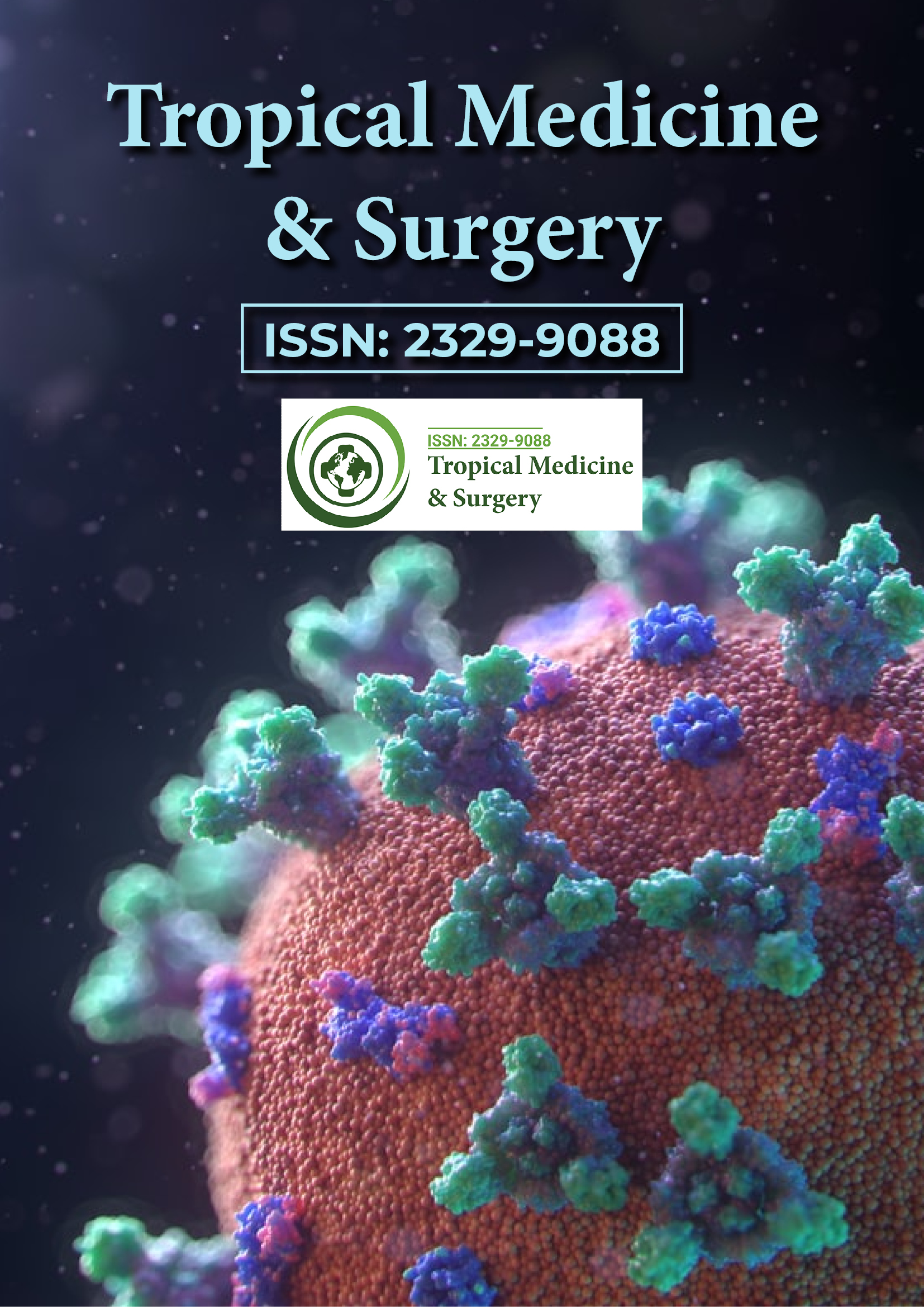Indexed In
- Open J Gate
- Academic Keys
- RefSeek
- Hamdard University
- EBSCO A-Z
- OCLC- WorldCat
- Publons
- Euro Pub
- Google Scholar
Useful Links
Share This Page
Journal Flyer

Open Access Journals
- Agri and Aquaculture
- Biochemistry
- Bioinformatics & Systems Biology
- Business & Management
- Chemistry
- Clinical Sciences
- Engineering
- Food & Nutrition
- General Science
- Genetics & Molecular Biology
- Immunology & Microbiology
- Medical Sciences
- Neuroscience & Psychology
- Nursing & Health Care
- Pharmaceutical Sciences
Abstract
Applications of Plant-derived Vaccines for Developing Countries
Kathleen Laura Hefferon
Plants offer tremendous advantages as cost-effective, safe and efficacious platforms for the large-scale production of vaccines and other therapeutic proteins. Plant-derived vaccines provide a way by which to enhance vaccine coverage for children in developing countries, and have the potential via oral administration to elicit a mucosal immune response. Plants have the added advantage of simultaneously acting as an antigen delivery vehicle to the mucosal immune system while preventing the antigen from degradation as it passes through the gastrointestinal tract. Transgenic plants, transplastomic plants and plant virus expression vectors have been designed to express vaccine epitopes as well as full therapeutic proteins in plant tissue. This review describes the use of different strategies to produce vaccines in plants against three deadly infectious diseases of the developing world today; human papillomavirus, human immunodeficiency virus and Ebola virus.
